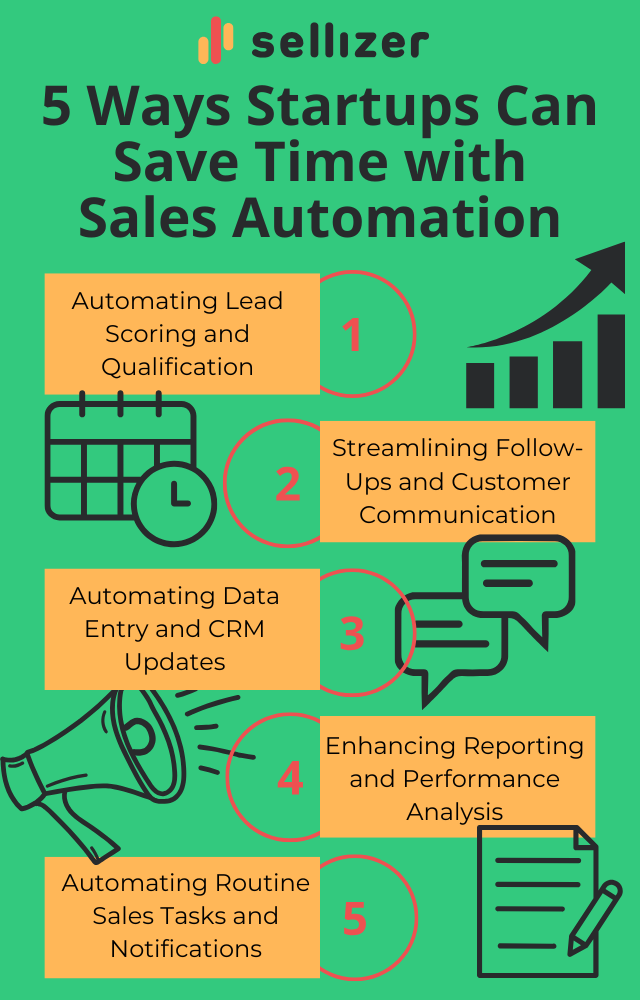What Is a Sales Pipeline?
A sales pipeline is a systematic approach that enables businesses to manage their prospects as they move through the purchasing process. This process includes all stages, from the initial contact to closing a deal. By outlining the key components and the stages involved, sales teams can work more efficiently toward converting leads into customers.
Sales Pipeline Definition
The sales pipeline definition articulates a structured framework or visual representation used by sales teams to track potential sales deals. This framework helps to identify the status of each prospect within the sales journey, ensuring no opportunity is overlooked.
Key Components
The primary components of a sales pipeline include leads, opportunities, and closed deals, along with various touchpoints corresponding to each stage. Each component serves as a checkpoint for sales representatives, aiding in analyzing the sales process.
The Stages of a Sales Pipeline
The sales funnel typically comprises several stages: prospecting, qualifying, meeting, proposing, closing, and following up. Each stage has specific criteria that help determine whether a lead is likely to convert into a paying customer.
Importance of Sales Pipeline

A well-structured sales pipeline provides clarity and direction, ensuring that sales efforts are focused on high-potential leads. Moreover, it directly impacts revenue and growth by creating a predictable sales forecasting mechanism.
Why Every Business Needs a Sales Pipeline
Every business, regardless of size or industry, can benefit from having a sales pipeline. Without one, opportunities can be neglected, and the sales process can become chaotic.
Impact on Revenue and Growth
The impact of a sales pipeline on revenue and growth is profound; it establishes a clear pathway to conversion. Tracking each stage allows organizations to forecast sales realistically and develop tailored strategies for improvement.
Role in Sales Strategy Development
A well-defined sales pipeline plays a crucial role in sales strategy development by offering insights into what works and what doesn’t. By analyzing data from the pipeline, businesses can refine their approaches and align them more closely with customer needs.
Sales Pipeline vs Sales Funnel
Understanding the differences between a sales pipeline and a sales funnel is essential when designing your sales process. While both concepts aim to convert prospects into customers, they represent different stages of customer engagement and metrics for tracking overall sales performance.
Defining Sales Funnel
The sales funnel represents the broader perspective of the customer’s journey, adjusting focus from individual deals to the collective behavior of prospects. It visualizes how leads are funneled through different stages until they reach a purchase decision.
Key Differences Between Pipeline and Funnel
Understanding the difference between a sales pipeline and a sales funnel is key to managing and improving your sales strategy.
- A sales pipeline is a more linear, deal-centric model, while a sales funnel focuses on the overall customer journey.
- The sales pipeline emphasizes individual sales stages and individual opportunities, whereas the sales funnel relates to broader marketing and customer engagement strategies.
- While both models offer valuable insights, the sales pipeline is often used to optimize tactics for specific deals, whereas the funnel helps identify potential areas for improvement in customer acquisition.
When to Use Each Model
Using a sales pipeline is particularly beneficial for teams that thrive on tracking and managing multiple prospects individually. Conversely, a sales funnel is excellent for marketing teams that are focused on overall customer acquisition strategies.
Benefits of a Sales Pipeline

Implementing a sales pipeline can lead to significant benefits for sales teams, fostering improved visibility and management of deals. With a better understanding of where each prospect stands, teams can fine-tune their tactics and enhance their effectiveness.
Improved Visibility and Management
A well-organized sales pipeline provides visibility into the sales process, allowing for efficient monitoring of lead progression. This visibility aids in resource allocation and strategic planning for future sales activities.
Better Lead Qualification
Utilizing a sales pipeline improves lead qualification processes, ensuring that sales teams focus their efforts on high-quality leads.
When leads are categorized according to their readiness to buy, conversion rates can increase substantially.
Enhanced Team Collaboration
A structured sales pipeline encourages collaboration among team members, as everyone can see the current status of deals. This shared visibility fosters open communication and helps identify bottlenecks in the sales process.
Final Thoughts
By understanding the key components and stages of an effective sales process, businesses can streamline operations, enhance efficiency, and drive growth.
Whether you’re a small business or a large organization, implementing this approach can lead to significant improvements in performance and profitability.
FAQ About Sales Pipelines
What is the main purpose of a sales pipeline?
The main purpose of a sales pipeline is to provide structured visibility into the sales process, helping sales teams manage leads effectively and ensure steady progress towards closing deals.
How can a sales pipeline increase sales efficiency?
By maintaining a clear view of each stage and the associated tasks, a sales pipeline increases sales efficiency by helping representatives prioritize their efforts and focus on high-potential leads.
What tools can I use to manage my sales pipeline?
- Customer Relationship Management (CRM) systems
- Sales tracking software
- Project management tools that allow for sales tracking
How often should I update my sales pipeline?
Updating your sales pipeline should be done regularly, with many experts recommending at least weekly updates to keep information accurate and actionable.
Can a small business benefit from having a sales pipeline?
Absolutely, small businesses can greatly benefit from having an effective sales pipeline in place. It can help streamline their sales processes, leading to improved conversions and overall business growth.























